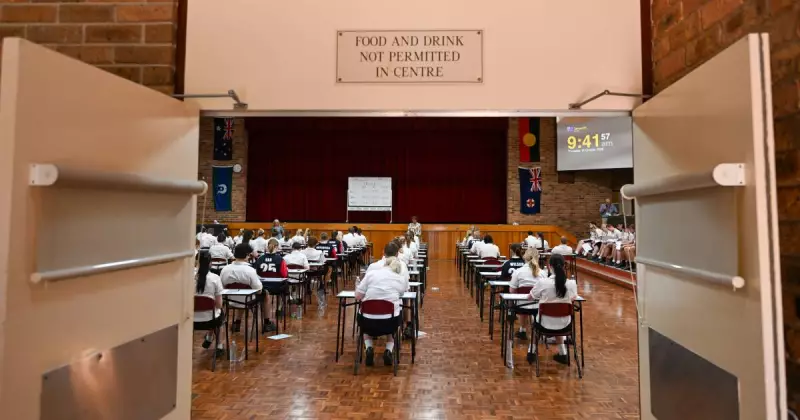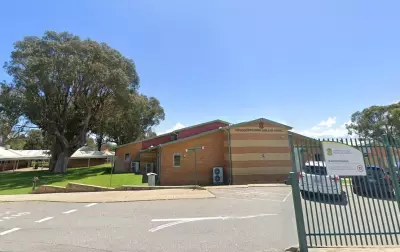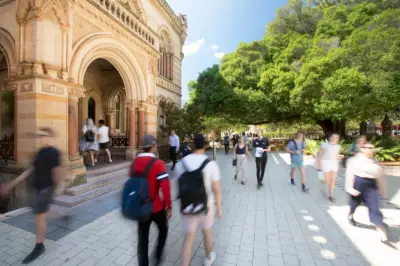
A former employee of the NSW Board of Studies has called for a fundamental shift in educational priorities, arguing that Australia's intense focus on the Higher School Certificate comes at the expense of properly educating children in their formative years.
Resource Imbalance in Education System
Writing in a letter to the editor, Mark d'Arbon revealed his experience working at what was then the NSW Board of Studies in the early 1990s. He observed that the level of resourcing for the HSC, a non-compulsory exit exam for tertiary entrance, was in stark contrast to that available for the primary education sector.
The HSC was even then in competition with other exit exams such as the Baccalaureate, yet received disproportionate attention and funding according to d'Arbon's account. He described how some upper management at the board, including former markers for the old Leaving Certificate, formed what he perceived as an "insider club" that strongly supported resourcing the HSC while showing little interest in early childhood and early adolescent education.
Historical Frustrations Resurface
d'Arbon admitted he thought his anger about this resource imbalance had faded over the past thirty years, but found vestiges of it returning when he recently read an article about HSC marking. While acknowledging that current HSC markers are likely diligent and competent, he questions why this area continues to warrant such significant attention when other, more crucial areas in educational development receive appallingly little focus.
The educational development continuum requires balanced investment, d'Arbon suggests, with early childhood education representing a particularly neglected area that deserves greater resources and attention.
Broader Community Concerns in Education Debate
The education discussion extends beyond HSC resourcing, with other letter writers addressing different aspects of Australia's educational landscape. William Hancock of Rankin Park passionately defended the CSIRO against recent funding cuts, highlighting the organization's significant but often invisible contributions to Australian society, including the development of wifi and nuclear medicine isotopes.
Hancock urged Australians to research CSIRO achievements and speak up against cuts that could see Australia fall behind the rest of the world in scientific research and innovation.
Meanwhile, the letters section also featured discussions about political leadership changes dubbed "the killing season," cinema etiquette at the reopened Tower Cinemas, climate change protests, and practical concerns about parking for protesters. These diverse community perspectives reflect the broad range of issues occupying Australian minds as the year approaches its conclusion.





